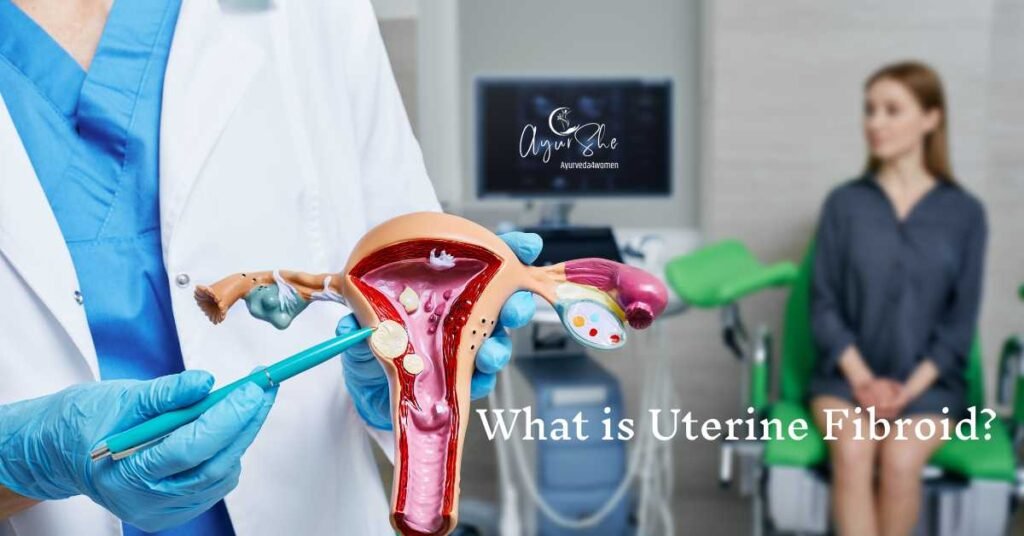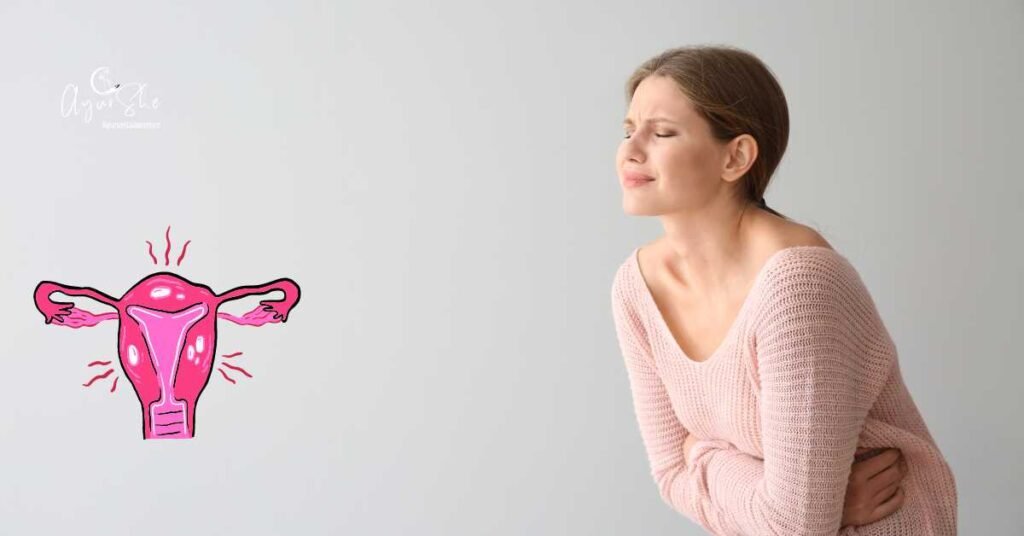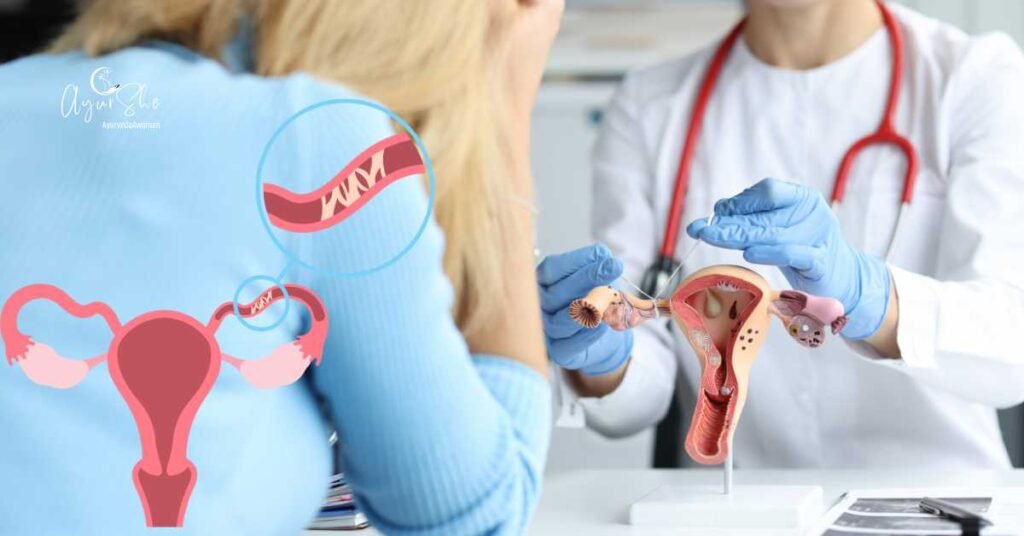Ovarian Cyst: Causes, Symptoms, Types, Evaluation, and Ayurvedic Management
Introduction
Ovaries, the almond-sized reproductive glands, play a crucial role in ovum production and menstrual cycles. Ovarian cysts, sacs filled with fluid, can form on or in the ovaries, varying in size and type. Understanding their symptoms, types, evaluation, and Ayurvedic management is essential for comprehensive healthcare.
Symptoms of Ovarian cysts
- Dull Pain: Lower abdominal discomfort.
- Nausea: Occurs with larger cysts compressing abdominal organs.
- Lower Back Pain: Associated with cyst size and position.
- Abdominal Fullness: Feeling of heaviness.
- Pressure Symptoms: Frequent urination and bowel discomfort.
- Menstrual Irregularities: Impact on the menstrual cycle.
Types of Ovarian Cysts
- Follicular and Corpus Luteal Cysts:
- Part of the normal menstrual cycle.
- Polycystic Ovary Syndrome (PCOS):
- Enlarged ovaries with multiple small follicular cysts.
- Pregnancy-Associated Cyst:
- Arises during pregnancy, often resolving spontaneously.
- Chocolate Cysts:
- Result from endometrial tissue deposited inside the ovary.
- Dermoid Cyst:
- Contains foreign bodies.
Evaluation
- Blood Test: Tumor markers.
- Imaging Techniques: Ultrasound (USG), MRI.
Ayurvedic Explanation – Beejakosha Granthi
Ayurveda categorizes ovarian cysts under the umbrella of “granthi” and “vidradi.” Factors like Kapha, sotha, and Manda agni contribute to “sroto sanga,” the root cause of ovarian cysts. Types include Vataja, pithaja, kaphaja, medoja, and siraja based on symptoms, growth, and inclusion.
Ayurvedic Management
- Conservative Management:
- Pregnancy-associated cysts often resolve spontaneously.
- Medicines:
- Vedanahara, pachana, sothahara, sodhana principles guide ovarian cyst management.
- Detoxification (Panchakarma):
- Virechana (laxatives) and specific basti (enema) procedures aid in detoxifying and balancing the body.
- Stress Management:
- Practices like meditation, mindfulness, and stress relief for hormonal balance.
- Ayurvedic Medicines:
- Triphala, Guggulu, Dasamoola play roles in granti chikitsa (cyst treatment).
- Follow-Up for Dermoid Cysts:
- Yearly ultrasound follow-ups until surgical removal.
In conclusion, understanding ovarian cysts is paramount for comprehensive women’s health. With various types, symptoms, and evaluation methods, a holistic approach to management is crucial. Ayurveda, with its nuanced understanding of body constitution and doshas, provides effective treatments, including detoxification, stress management, and specific medications tailored to individual needs. A combination of modern medical evaluation and Ayurvedic principles offers a well-rounded approach to addressing ovarian cysts. Regular follow-ups and personalized care ensure the best outcomes, emphasizing the importance of a collaborative and integrative healthcare approach for women facing ovarian cyst-related challenges.
Note: Consultation with an Ayurvedic practitioner is recommended for personalized advice and treatment.





